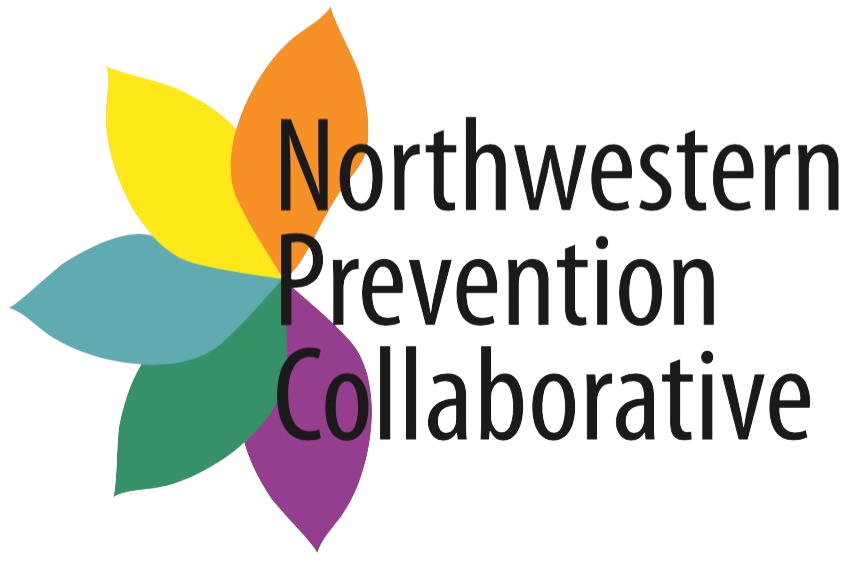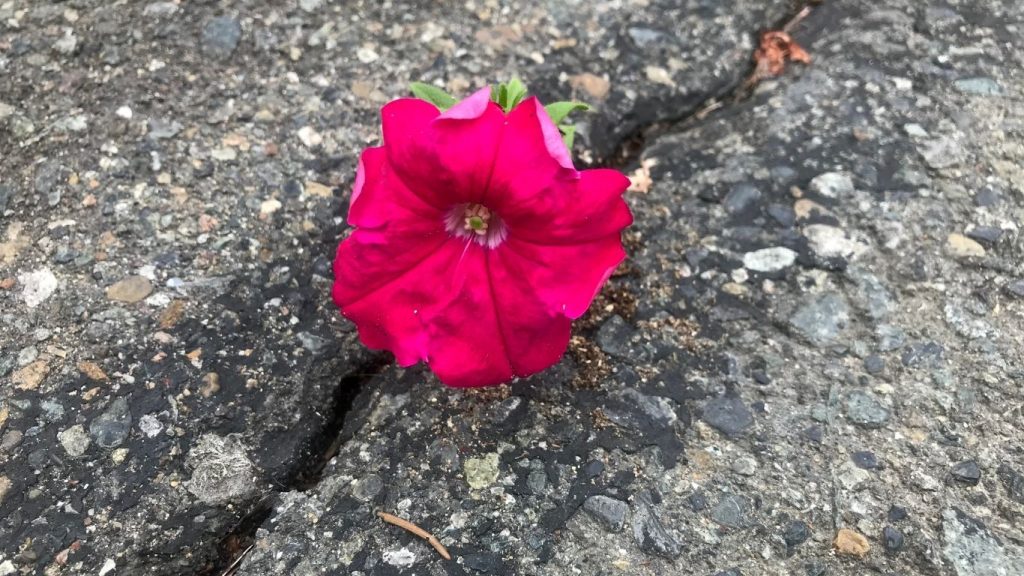Resilience. It’s a word that is tossed around a lot in today’s world, though perhaps we don’t always fully appreciate what it means. Essentially, it means to bounce back from a challenge. It’s the capacity to recover quickly from difficulties. Some might call it toughness, or grit. Resilience is the strength within you that allows you to work through painful times.
Some of us seem to have natural resilience, but in truth, it is something that is built and taught over time. It is developed each time we experience failure, but try again. The challenges we faced as children have factored into the resilience within us, and we continue to build our own internal resilience each day.
ACEs and Resilience
Adverse Childhood Experiences (ACEs) can cause emotional scars that last long into adulthood, and impact our long-term physical health and mental well-being. ACEs are things such as poverty, neglect, abuse, and the loss of a loved one. But ACEs alone do not define us. The resilience we develop has a stronger impact on our long-term health than ACEs do.
Ideally, we develop resilience as children through strong, consistent relationships with adults who continue to support us even when we fail. We also develop resilience through friendships, the practice of gratitude, and helping others, among other strategies. However, even as adults, we can build our own resilience through these same practices. It just takes a bit more work.

Substance Misuse and Resilience
In the prevention field, we focus a lot on resilience, because someone who is resilient is less likely to turn to drug and/or alcohol misuse when challenges arise in life. Oftentimes those who are misusing substances are attempting to escape the emotional pain they find themselves in from past traumatic experiences. Without that resilience and a good understanding of coping strategies, drugs and alcohol can seem like appealing ways to escape that pain. Unfortunately, they often make the issue worse instead, and the cycle can even lead to substance use disorders.
To enter recovery from substance misuse means that the past trauma, the emotional hurts, need to be addressed. Working through them in a healthy manner and developing healthy coping mechanisms reduce the need for escape. It’s a tough road, but it is possible, and you are worth it.
Building Resilience
Fortunately, it’s never too late to build resilience, even as an adult. Step one is to reach out to someone for help, because if you have past trauma, it is almost impossible to address it on your own. That’s not a reflection on how strong you are, it is an innate human need for connection. We are made to help each other, and sometimes we need the support, or even just the perspective, of others. For example, perhaps we don’t recognize the negative self-talk habits we’ve developed. Or perhaps we’ve slipped into a depression and don’t even realize it, because we’ve gotten too used to how it feels. It takes an outside person to recognize these types of things. It often takes a professional to guide us through the steps we need to take to break the cycle.
Personal connections are critical in developing resilience—so much so, that a child who has a solid relationship with three caring, consistent adults can overcome almost any ACE score. To help build a community of resilience, we need to reach out to each other. Not just on social media, but in person. Who can you reach out to today?
If you need someone to talk to, please have the courage to reach out to others. Peer Support Specialists in our area are available to talk via our local Warm Line at 1-833-626-1490 or at 540-660-3365.

Learn more about ACEs at an upcoming “Understanding ACEs” class.
Learn about ACEs and resilience at an upcoming “Trauma-Informed Training” class.




Comments are closed.